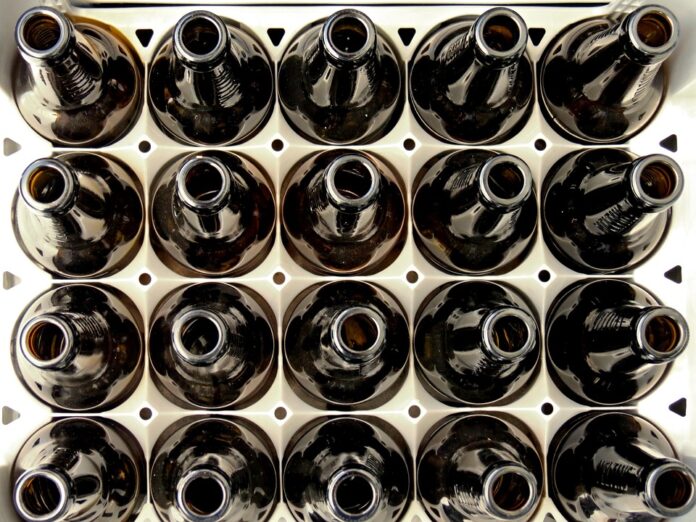Introduction
Glass bottles have long been the preferred packaging choice for wine, spirits, and craft beer due to their ability to preserve the quality and integrity of the beverages. Despite the rise of alternative packaging options such as cans and pouches, glass bottles continue to dominate the market. This report will explore the reasons behind the enduring popularity of glass bottles in the wine, spirits, and craft beer industry.
Benefits of Glass Bottles
Preservation of Quality
One of the main reasons why glass bottles remain the preferred choice for packaging wine, spirits, and craft beer is their ability to preserve the quality of the beverages. Glass is impermeable to oxygen, ensuring that the contents remain fresh and flavorful for longer periods. This is crucial for products like wine, where oxidation can significantly impact the taste and aroma.
Premium Image
Glass bottles are often associated with quality and luxury, making them the ideal choice for premium brands in the wine, spirits, and craft beer industry. The transparency of glass allows consumers to see the product inside, creating a sense of trust and authenticity. This premium image can significantly impact consumer perception and willingness to pay a higher price for the product.
Sustainability
Glass bottles are also favored for their sustainability credentials. Glass is 100% recyclable and can be recycled endlessly without losing its quality. This aligns with the growing consumer demand for environmentally friendly packaging options. Many wine, spirits, and craft beer brands are leveraging the sustainability of glass bottles as a key selling point to attract eco-conscious consumers.
Market Trends and Industry Insights
Market Size and Growth
The global glass packaging market was valued at $59.94 billion in 2020 and is expected to reach $73.75 billion by 2025, growing at a CAGR of 4.2%. The wine, spirits, and craft beer segment accounts for a significant portion of this market, driving the demand for glass bottles.
Consumer Preferences
Consumer preferences play a crucial role in the continued dominance of glass bottles in the wine, spirits, and craft beer industry. Surveys have shown that consumers perceive beverages packaged in glass bottles to be of higher quality compared to other packaging materials. This perception influences their purchasing decisions and brand loyalty.
Impact of COVID-19
The COVID-19 pandemic has had a mixed impact on the wine, spirits, and craft beer industry. While on-premise consumption decreased due to lockdowns and restrictions, off-premise sales saw a surge in demand. This shift towards at-home consumption has further emphasized the importance of packaging choices, with consumers gravitating towards familiar and trusted options like glass bottles.
Key Players in the Industry
Leading Glass Bottle Manufacturers
– Owens-Illinois Inc.: One of the largest glass packaging companies in the world, Owens-Illinois Inc. supplies glass bottles to a wide range of industries, including wine, spirits, and craft beer.
– Ardagh Group: With a strong focus on sustainability, Ardagh Group is a key player in the glass packaging market, offering innovative solutions for beverage brands.
– Verallia: Verallia is a leading glass packaging manufacturer known for its high-quality bottles and jars for the wine and spirits industry.
Notable Wine, Spirits, and Craft Beer Brands
– Constellation Brands: A major player in the wine and spirits industry, Constellation Brands uses glass bottles for its premium wine brands such as Robert Mondavi and Kim Crawford.
– Diageo: As a leading spirits company, Diageo utilizes glass bottles for its iconic brands like Johnnie Walker and Tanqueray.
– The Boston Beer Company: Known for its craft beer brands like Samuel Adams, The Boston Beer Company opts for glass bottles to maintain the quality and freshness of its products.
Conclusion
In conclusion, glass bottles continue to be the preferred packaging choice for wine, spirits, and craft beer due to their numerous benefits, including quality preservation, premium image, and sustainability. Market trends, consumer preferences, and industry insights all point towards the enduring popularity of glass bottles in the beverage industry. As leading glass bottle manufacturers and beverage brands continue to innovate and adapt to changing consumer demands, glass bottles are expected to maintain their dominant position in the market for years to come.




